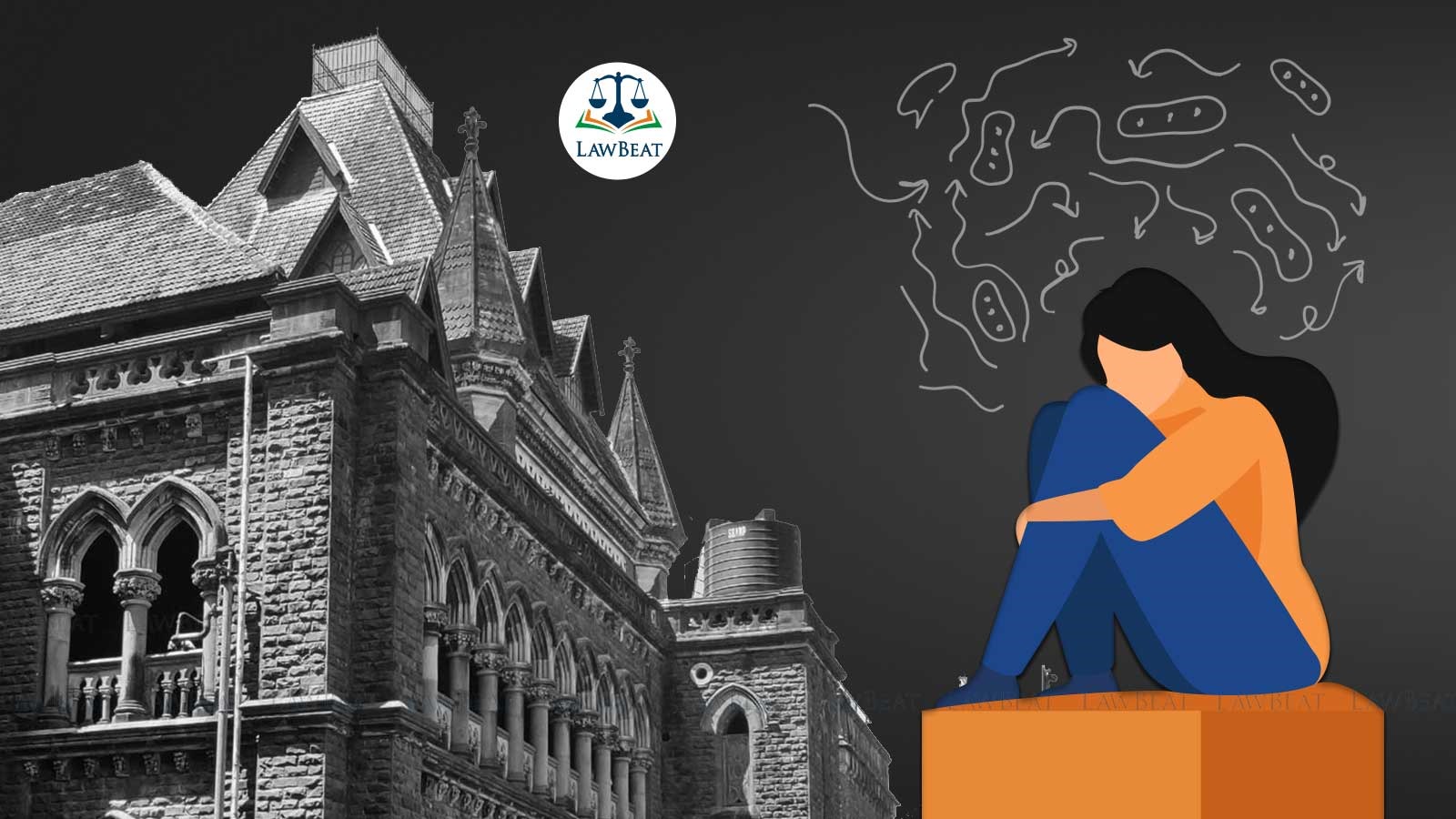No Provision To Appoint Guardians For Mental Disorder: Bombay High Court Recognizes Daughter as Legal Guardian of Mother with Alzheimer

The daughter informed the bench that she was taking care of her mother, including covering her medical expenses. She also informed the bench that she had appointed a caretaker for her mother
The Bombay High Court has recently recognized a daughter as the legal guardian of her mother, who was suffering from Alzheimer's disease.
The division bench of the High Court, consisting of Justice Sunil Shukre and Justice Firdosh Pooniwalla, was hearing a petition filed by the daughter.
“But, the lack of or any deficit in legal framework, in our considered view, must not be such a handicap for this court to shy away from providing relief in such a case. After all, the underlying idea of guardianship is of protection and welfare of the person in need of care and protection,” the court said.
The daughter informed the bench that she was taking care of her mother, including covering her medical expenses. She also informed the bench that she had appointed a caretaker for her mother.
She contended before the court that there is currently no provision in any existing law that would allow her to be appointed as the legal guardian for her mother. She also emphasized the need for a court declaration regarding her mother's Alzheimer's condition.
The bench while admitting the petition had noted that there were no provisions in the Mental Health Act, 1987, or the Hindu Minority and Guardianship Act, 1956, that allowed a son, daughter, or sibling of an elderly person suffering from mental health issues to be appointed as a legal guardian for that individual.
Upon the direction of the High Court, a committee of doctors from JJ Hospital was convened, and they submitted a report stating that the mother indeed had Alzheimer's disease.
The report stated that her cognitive decline had reached a point where she experienced severe impairment in executive function and significant cognitive decline, making her entirely dependent on others for activities of daily living.
The court while recognising the daughter as the guardian of the mother noted that in fit cases the court can take decisions that are best in the interest of dependent person.
“..in fit cases, this Court in its capacity as ‘Parens Patriae’ or ‘Big Guardian’, can take appropriate decisions which are in the best of interest of the dependent person and which are necessary for the welfare of such person and such decisions would also include a decision to hand over the responsibility of acting as a legal guardian for another, provided the person who is entrusted with such a responsibility is found to be a fit and suitable person for discharging the responsibility,” the order reads.
Additionally, the court acknowledged that the daughter was a working journalist with a clean criminal record and enjoyed good physical and mental health making her fit to be appointed as the guardian.
Case title: Anushka Rajiv Mohite vs UOI & Ors
